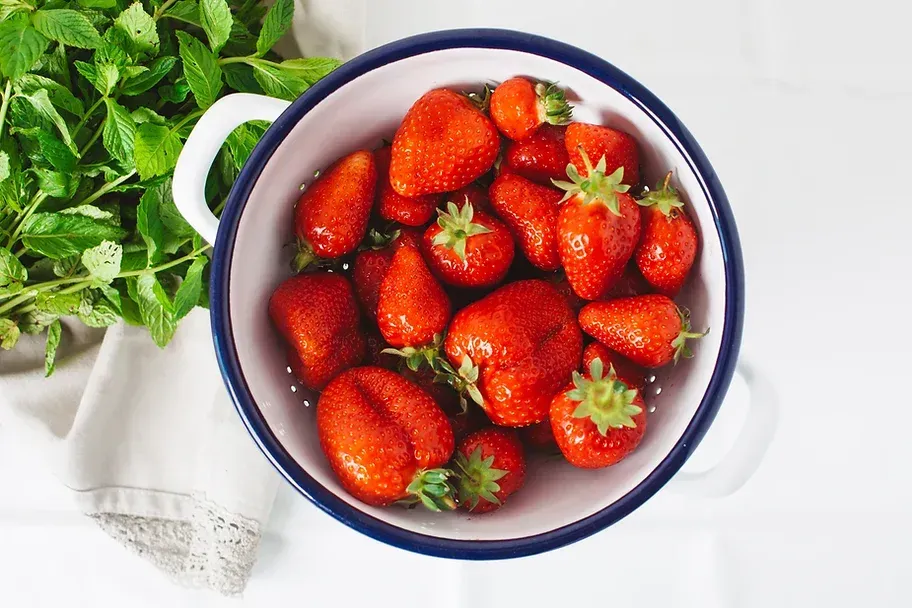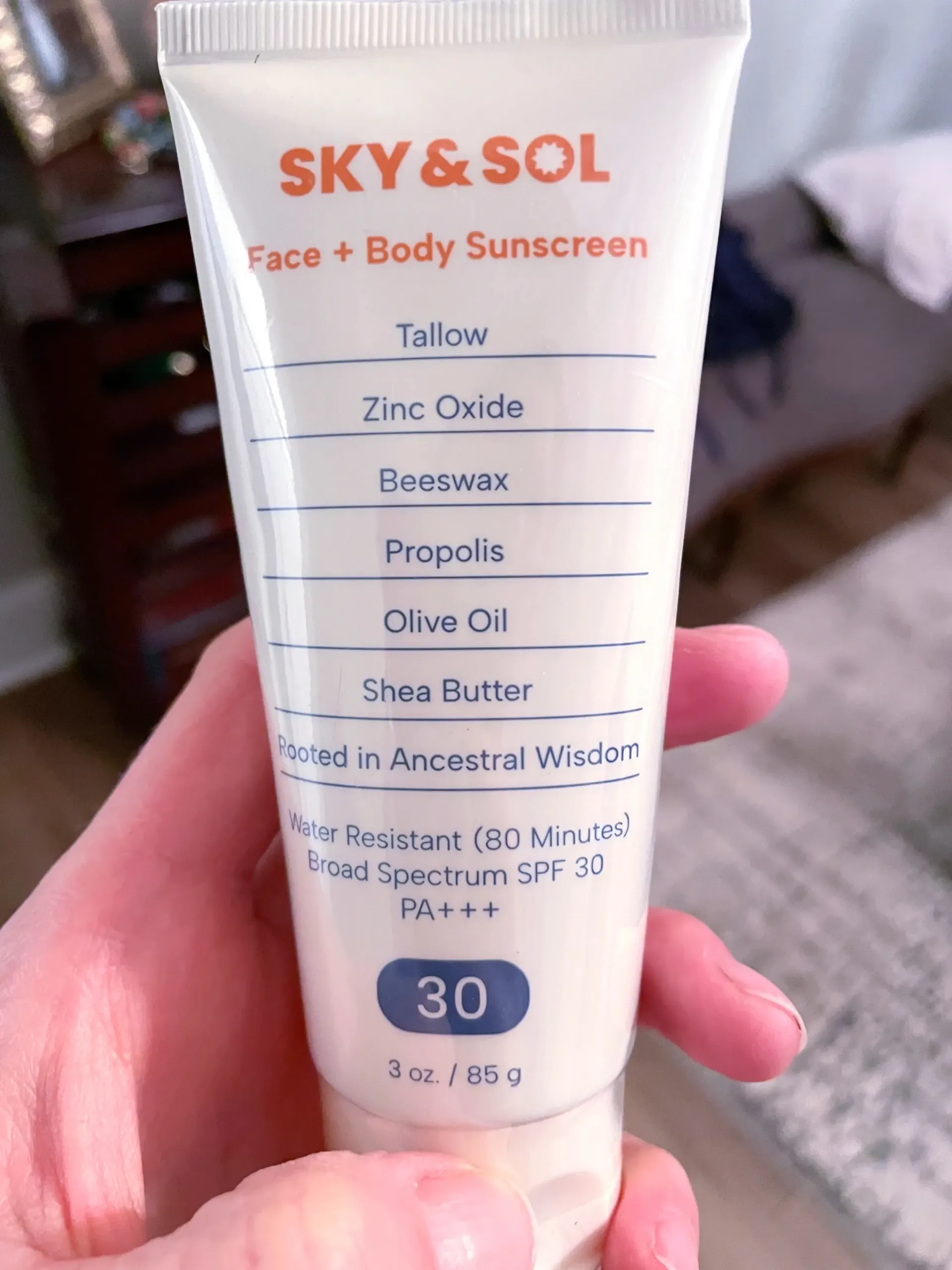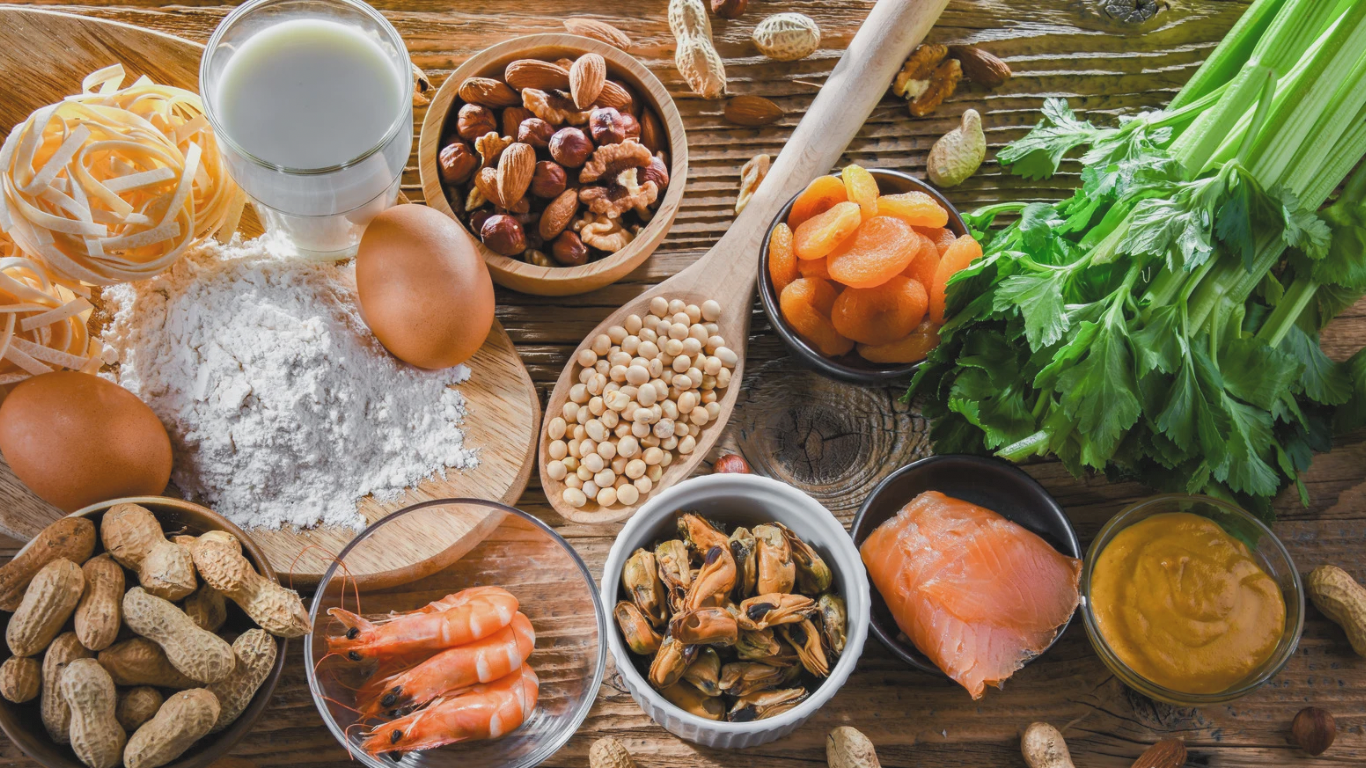Carrots & Sweet Potatoes: Vitamin E + Carotenoids

The summer season is right around the corner, and whether you’re heading to the beach or just hanging out in your backyard, protecting your body’s largest organ is key to staying healthy and feeling your best. While many of us are diligent about applying sunscreen, there's an additional, often overlooked strategy for protecting your skin from the inside out.
Think of it as "internal sunscreen." Let's explore how certain foods and nutrients can bolster your skin's defense against the sun's harmful rays!
Carrots and sweet potatoes are more than just tasty additions to your meals; they're packed with carotenoids, including beta-carotene - which our bodies convert to vitamin A. This essential nutrient not only supports vision but also enhances skin health. Carotenoids have been shown to help protect the skin from sun damage by acting as antioxidants, neutralizing harmful free radicals produced by UV exposure.
Vitamin E, another powerful antioxidant, works together with carotenoids to safeguard your skin cells from oxidative stress. Including carrots and sweet potatoes in your diet can contribute to a natural, subtle glow, and provide an extra layer of protection against the sun.



Cucumbers: Flavonoids
Cucumbers are incredibly hydrating and refreshing, making them a perfect summer snack. They are rich in flavonoids, a type of antioxidant that helps fight inflammation and oxidative damage caused by UV radiation. By reducing inflammation, flavonoids in cucumbers can help minimize the risk of skin damage and promote a more resilient skin barrier.
The high water content in cucumbers also helps to keep your skin hydrated from within, which is crucial for maintaining a healthy, radiant complexion. Add cucumbers to your salads, smoothies, or simply enjoy them sliced with a dash of lemon for a cooling treat.
Strawberries: Polyphenols + Anthocyanin
Strawberries are a powerhouse of nutrients beneficial for skin health. They are rich in polyphenols and anthocyanins, compounds known for their potent antioxidant properties. Polyphenols help protect your skin cells from the damaging effects of free radicals, while anthocyanins, which give strawberries their red color, have been shown to reduce inflammation and enhance skin's resilience to UV damage.000
Incorporating strawberries into your diet can help boost your skin’s defense mechanisms. Enjoy them fresh, in a fruit salad, or as a topping for your morning yogurt.
Green Tea: Antioxidants and EGCG
Green tea is known for its many health benefits, and protecting your skin is one of them. It’s rich in antioxidants, particularly epigallocatechin gallate (EGCG), which has been studied for its protective effects against UV-induced skin damage. EGCG helps to reduce inflammation, prevent oxidative stress, and even repair DNA damage caused by UV radiation.
Drinking green tea regularly can enhance your skin's natural defense system. Aim for at least one cup a day to reap the benefits, or use it as a base for smoothies and other refreshing drinks.
A Holistic Approach
While these foods and nutrients can significantly enhance your skin's natural defenses, it's important to remember that they should complement (not replace 😅) external sun protection. Here’s what I recommend for this summer season:
Sadly Beauty Counter isn’t available, but I also like Mychelle Dermaceuticals - Eminence (for face) and my newest favorite Sky & Sol. It is tallow-based so it is unparalleled in creaminess and sheer application among mineral sunscreens typically known for their residual ghostly cast.
And don’t forget shade and a good hat can also do wonders to prevent overexposure during prolonged periods. You’ll catch me in all my summer beach photos in a hat and sometimes a rash guard to protect my face and chest from burning!




Recent Blog Posts
Share this post!
About the Author
Rhya Pachin is a licensed dietitian nutritionist who employs an "integrative" approach to support overall health rather than addressing just one symptom. As a certified LEAP therapist, she designs and supervises custom elimination diets. Her focus areas include gastrointestinal conditions like IBS and IBD, autoimmune diseases such as rheumatoid arthritis and Hashimoto's, persistent weight issues, food sensitivities, and chronic inflammatory conditions in both adults and children.




